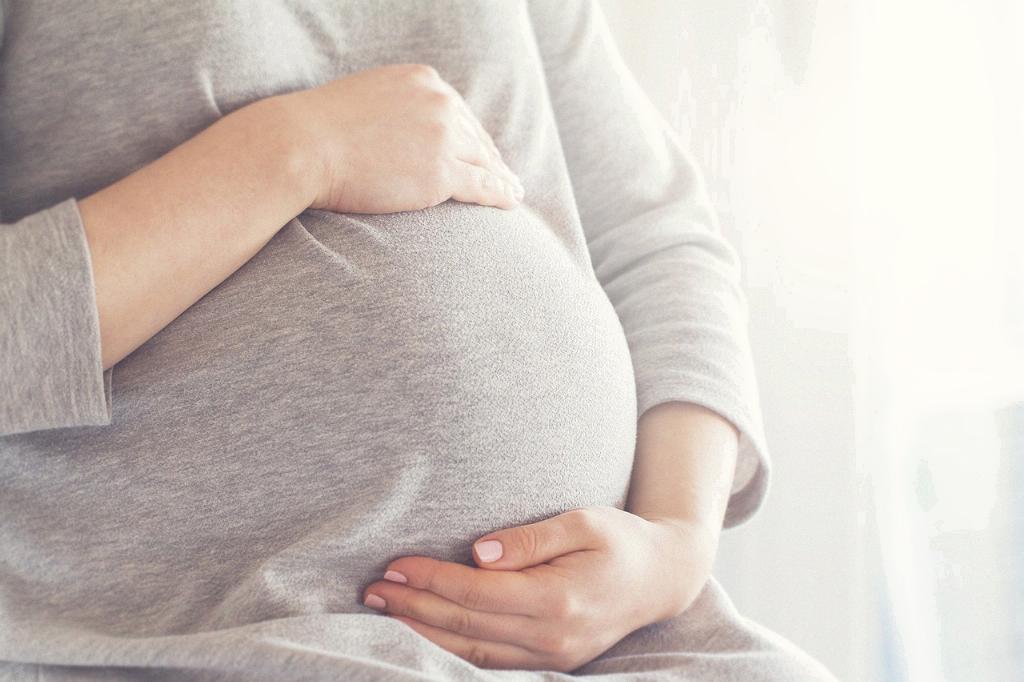When it comes to taking a pregnancy test, the frequency is an important aspect to consider. How many times should a woman take a pregnancy test? This question often arises in the minds of those trying to conceive or wondering about their pregnancy status.
Guidelines on Pregnancy Testing
It is essential to follow the guidelines provided by the pregnancy test manufacturer. Most pregnancy tests recommend waiting at least a week between tests if the result is negative. This wait time allows the body to produce sufficient hCG levels for detection.
Factors Influencing Testing Frequency
Several factors can influence how many times a woman should take a pregnancy test. These include the regularity of menstrual cycles, the sensitivity of the pregnancy test used, and the timing of intercourse relative to ovulation.
Understanding hCG Levels
Human chorionic gonadotropin (hCG) is a hormone produced during pregnancy. Its levels increase rapidly in the early stages of pregnancy, doubling approximately every two to three days. Waiting for hCG levels to rise sufficiently can affect the accuracy of the test.
Early Testing Considerations
For early detection of pregnancy, some women may be tempted to take multiple tests shortly after a missed period. However, it is essential to remember that testing too early can lead to false negatives due to low hCG levels.
Consulting a Healthcare Provider
If there are concerns about pregnancy or multiple negative test results, it is advisable to consult a healthcare provider. They can offer guidance on when to take a pregnancy test and may recommend blood tests for accurate results.
Frequency for Ovulation Tracking
Women who are actively trying to conceive may use ovulation predictor kits to track their fertile window. In such cases, testing for pregnancy may be more frequent to catch any early indications of pregnancy.
Mindset and Emotional Well-being
Repeatedly taking pregnancy tests can also impact a woman’s emotional well-being. It is essential to maintain a positive mindset, stay patient, and take the necessary steps to support mental health during the conception journey.
Considering Test Sensitivity
The sensitivity of the pregnancy test used can also influence testing frequency. Some tests can detect lower levels of hCG earlier in pregnancy, providing more accurate results. Understanding the test sensitivity is crucial.
Timing and Waiting Period
Timing plays a significant role in pregnancy testing. It is recommended to wait for the appropriate window after a missed period before taking a test. Testing too early can lead to inconclusive results and unnecessary stress.
Patience and Persistence
Patience and persistence are key virtues when navigating the process of taking pregnancy tests. Understanding the nuances of testing frequency, listening to your body, and seeking medical advice when needed are crucial steps in the journey to conception.
Conclusion
In conclusion, the frequency of pregnancy testing varies depending on individual circumstances. Following guidelines, understanding hCG levels, considering test sensitivity, and seeking medical advice when necessary are essential factors to keep in mind. Ultimately, patience, positivity, and self-care play a crucial role in the journey of taking pregnancy tests.

